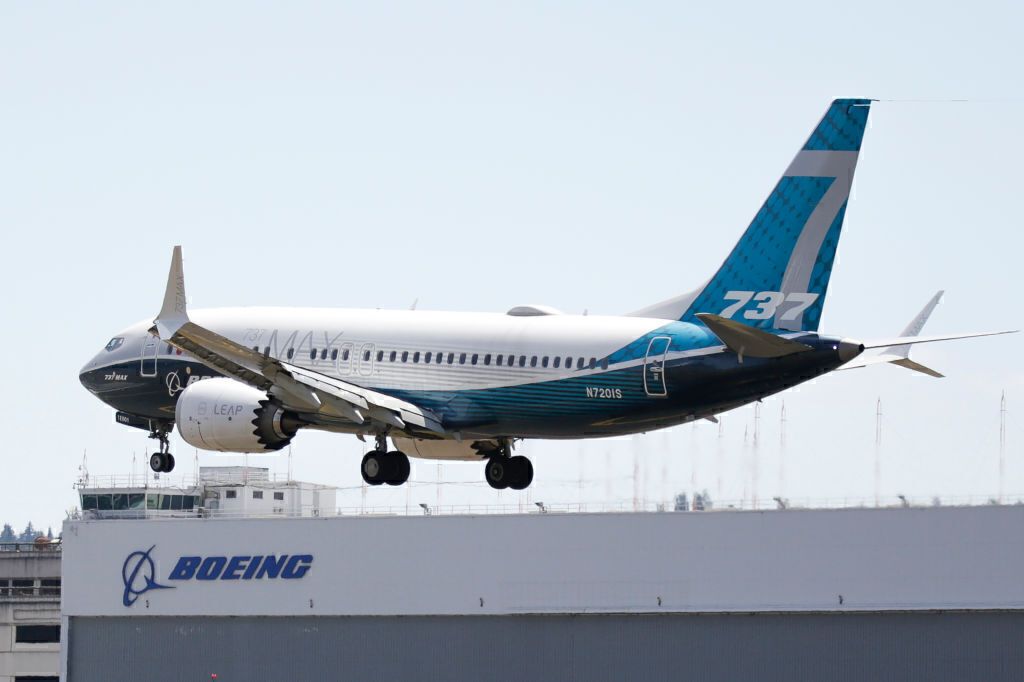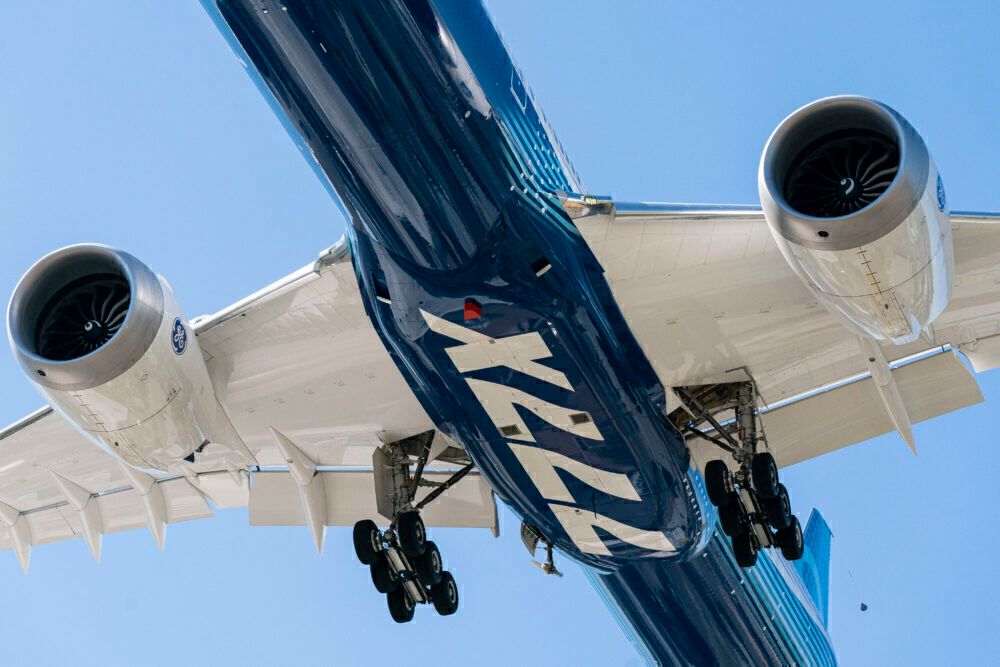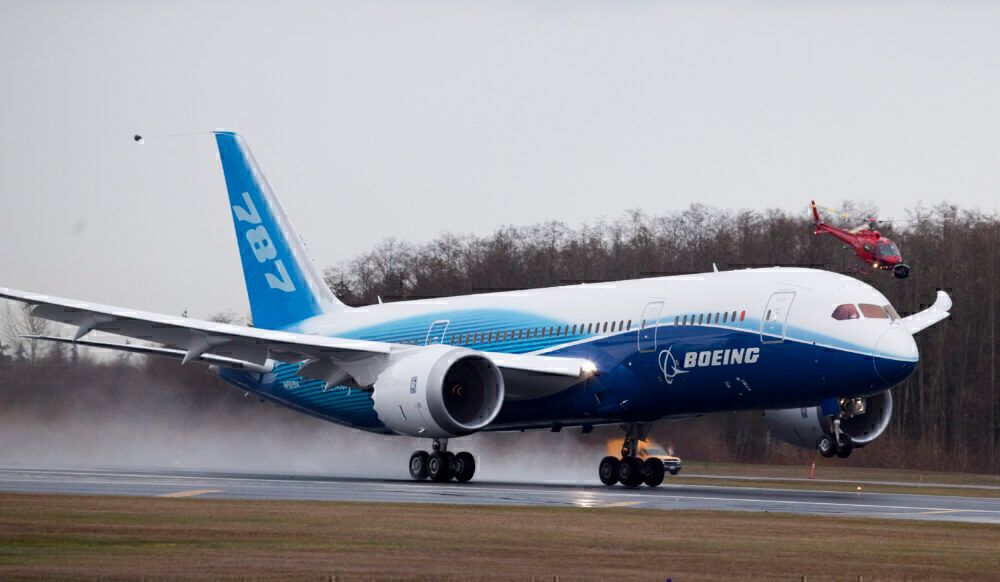Boeing has today shared that it forecasts the aviation industry to have enough funding to support the acquisition of aircraft despite the struggles of the pandemic. The manufacturer believes that, as travel begins to recover, airlines across the board will be looking at new opportunities.
Weathering the storm
According to a statement shared by Boeing, the company anticipates that worldwide and varied funding will continue to pass through the plane financing sector. As the aviation industry continues to adapt to the conditions of the pandemic, the firm feels confident of a rebound following the rollout of the vaccines against the virus.
Tim Myers, president of Boeing Capital Corporation, is confident about the liquidity in the industry. Notably, he thinks both market veterans and new players will be looking for new aircraft in the next chapter.
"Financiers and investors understand the industry's resilience and the long-term fundamentals that make aircraft a valuable asset class. Despite the unprecedented impacts of COVID-19 on the global aerospace industry, there generally continues to be liquidity in the market for our customers, and we expect it to further improve as travel begins to rebound," Myers said in the statement.
"Industry fundamentals continue to show varying degrees of strength in different markets depending on the regional trends of the global pandemic. We expect that capital will continue to be routed into the sector by established players and as new entrants seek opportunities during the industry's recovery."
Stay informed: Sign up for our daily and weekly aviation news digests!
The numbers
Boeing refers to figures from the 2021 Current Aircraft Finance Market Outlook (CAMFO) report. Overall, the numbers highlight that the plane financing sector ended last year with enough liquidity to fund deliveries.
Banks played an important part for airlines to secure funding last year. However, long-term bank debt became one of the less used forms of funding. Meanwhile, investors and funds helped out significantly as some financiers halted assistance and credit spreads broadened.
Boeing summarises that the most common sources of financing for aircraft delivery were cash, bank debt, and capital markets. It's important to note that all of the firm's deliveries were financed by third-party companies.
Ups and downs
Altogether, capital markets for aviation volumes are 70% greater than pre-pandemic levels. This figure highlights the amount of financial backing the sector had received. Nonetheless, there are still considerable concerns as many airlines have been waiting for adequate support, especially from governments amid ongoing restrictions.
However, certain carriers are already seeing progress following last year's financing. For instance, this month, it was announced that American Airlines paid $2.8 billion to cut down three revolving credit facilities to zero. Boeing and the wider market will be hoping for additional progress such as this as recovery continues.
What are your thoughts about Boeing's confidence regarding the aviation industry's financing? Do you agree with the company's sentiments? Let us know what you think of the prospects in the comment section.



